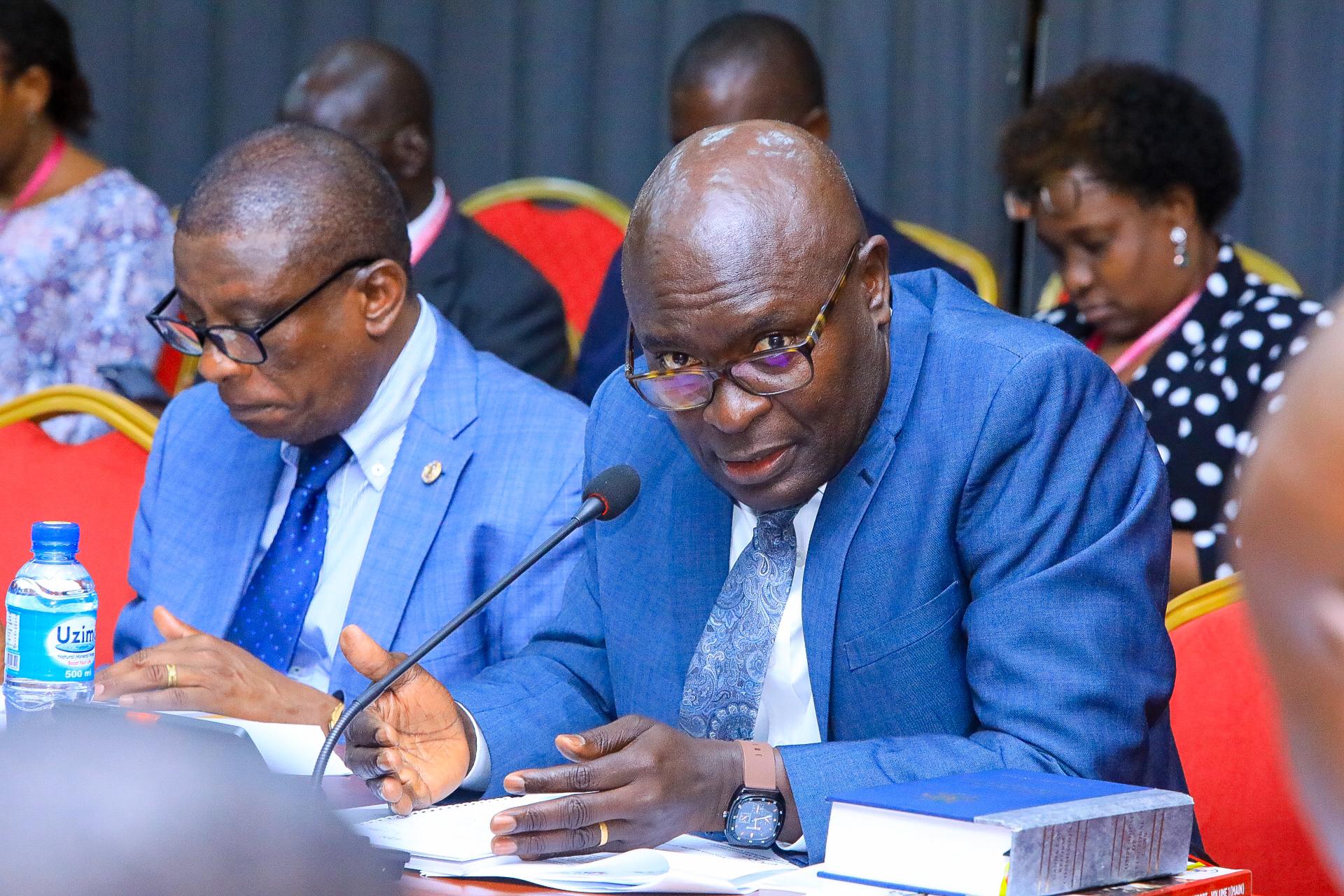Electoral Commission Chairperson Justice Simon Byabakama has ruled out the use of biometric kits previously deployed by the Uganda Bureau of Statistics (UBOS) during the 2024 National Census for the upcoming 2026 general elections, citing serious technical flaws and rapid battery degradation.
While presenting the Commission’s 2025/26 Ministerial Policy Statement before the Legal and Parliamentary Affairs Committee, Justice Byabakama revealed that tests carried out on the 36,000 devices showed they were unreliable and unfit for the high-demand environment of a national election.
“At the time of procurement, they were said to have a battery life span of 18 hours, but in March 2025, when left idle, the battery ran low in just 7 hours,” he stated. “What if on polling day, the kits are in continuous use at polling stations with 1,000 voters or more? We can’t risk it.”
The Chairperson also noted that the kits, initially procured for census data collection, lacked critical electoral functions such as biometric fingerprint verification and would require extensive reconfiguration.
“UBOS didn’t require biometric identification using fingerprints, but we do. I’m told there’s a process to configure them, though I must confess I’m not an IT expert,” Byabakama added.
His remarks came amid sharp criticism from MPs on the Committee, who had earlier rejected a government proposal to reuse the UBOS devices in the elections.
Lawmakers, including Abdu Katuntu (Bugweri County) and Elijah Okupa (Kasilo County), warned that adopting the same kits would expose the elections to the same disrepute as the census, which was widely discredited and eventually recalled due to data inconsistencies.
The EC’s firm position now places pressure on the government to secure new, reliable biometric equipment in time for the 2026 general elections.





